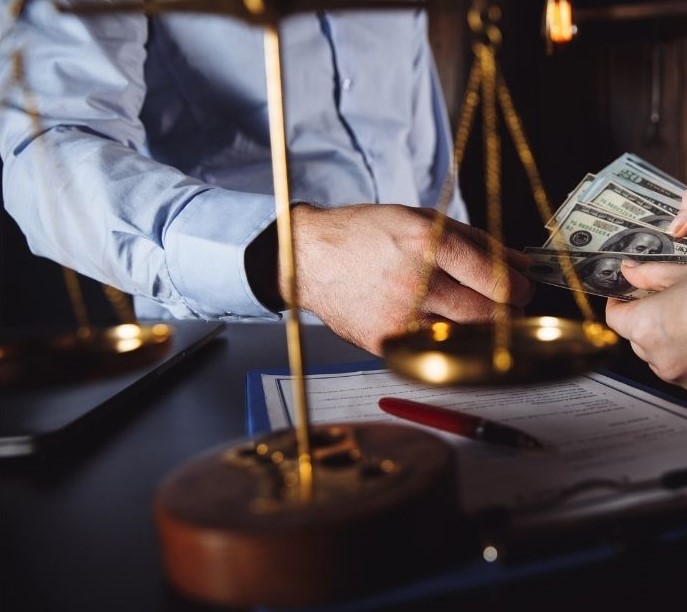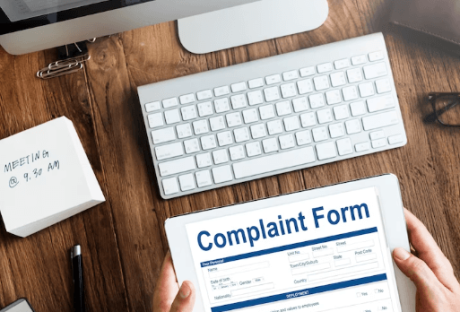Any technique intended to deceive traders and persuade investors that investing in the Forex market will yield big returns is referred to as a Forex scam. The foreign exchange market is essentially a zero-sum game in which one party profits while the other loses.
By now, everyone is aware that investing online carries some risk. In the world of foreign exchange, this is especially true. Scammers who get confidence from the anonymity of the internet commit a lot of Forex scams online. To prevent financial disaster, it is essential to distinguish a scam from a real forex trading activity.
Common Types Of Forex Scams
Here are a few typical Forex scams to be aware of.
Signal Sellers
The signal seller scam is a fraud in which a person or business sells advice on which trades to undertake while stating that this advice is based on expert forecasts and will ensure profits for novice traders.
For this service, they typically charge a daily, weekly, or monthly fee, but they do not provide any information that enables the trader to profit. In order to win the trader’s trust, they typically have a ton of testimonials from purportedly reliable sources, but in practice, they do nothing to predict profitable trades.
High Yield Investment Program Scam
High-yield investment programs (HYIPs) are typically merely a type of Ponzi scheme where a high rate of return is guaranteed for a little initial investment into what is really a Forex fund. When there are no more participants in the scheme, the proprietors often close it down and seize all of the remaining funds.
In reality, the early investors are being paid back from the funds created by the current investors, and a steady flow of new investors is needed to keep the funds flowing.
Ponzi And Pyramid Schemes
Forex pyramid schemes concentrate on luring new participants into investment clubs that promise to provide information and guidance for profitable forex trading. Members of these programs pay a subscription fee and are urged to find new members so they can gain a commission.
Instead of actual forex trading earnings, this scam makes money from membership fees. Because you advance up the pyramid and ‘earn’ more money as new members join, this business model is known as a pyramid scheme.
The leaders typically shut down the plan and pocket the entire sum of money when no new members can be attracted or when membership begins to decline.
Fraudsters promote fictitious currency funds that promise a high rate of profit in a short period of time using Ponzi schemes. In order to provide the idea that the scam is succeeding, they typically only require a minimum initial payment and pay the first participants the promised profits.
Then, these investors are urged to recruit their friends and relatives to join the investment program. Once enough people have contributed to the swindle, the con artists disappear and are nowhere to be seen. This leaves the investor with no money!
How Can You Recognize Forex Scams?
Watch out for these warning flags that can assist you in spotting a Forex trading scam and keep you from falling victim.
- Unsolicited offers: It’s probably a fraud if you receive a call unexpectedly offering you a chance to invest in the Forex market. Never send the company your personal details or money if they ask you to.
- ‘Risk-free’ investing: Since there is always some risk involved in investing, any organization that claims to provide these chances can mostly be regarded as a scam.
- Unrealistic profits: One thing about Forex scams is the fact that in most cases, they have been seen to make promises of returns that are quite hefty on the initial investment you have made. These are too good to be true. Businesses promising instant wealth through such investments are probably scams.
- Time pressure: A company that tries to trick you into investing immediately is probably a scam. Some con artists will even provide perks or discounts to entice you to make an immediate investment.
- Advertisements on social media: An increasing number of con artists are promoting phony investment possibilities on social media. They frequently entice individuals to invest by showing them pictures and videos of expensive things.
Taking your time is the best strategy for avoiding forex trading scams. Don’t make impulsive decisions; instead, it is essential that you carefully weigh both the advantages as well as the disadvantages. It is not at all simple to find a trustworthy and helpful Forex broker, but the effort will pay off in the long term. Doing a Google search for a Forex broker or agency’s name should be your initial move after discovering them.
Look for user testimonials on reliable websites. Avoid using that service provider if there aren’t any or if they seem fraudulent. You can also read the reviews of scams to see whether a Forex broker is actually as reputable in reality as they are advertised. Find out if the broker is the subject of any pending legal actions as well.
What To Do If You Get Scammed?
Scammers are often quite persuasive. They make calls, send emails, and text messages in an effort to obtain your money or private information. Additionally, they are skilled in what they do. Here’s what you should do if you believe you’ve been scammed.
If you made a payment to a fraudster, you can:
- Get in touch with your bank or credit/debit card provider.
- Inform the authorities in your area.
If you disclose your login details to a scammer, you can:
- Make a new, secure password. If you’re using the same password elsewhere, change it there as well.
If a scam artist gains unauthorized entry to your computer, you can:
- Update the security software on your computer, run a scan, and remove any issues it finds.
Read Also:
- How Financial Trading can give you the Life you want
- Forex Trading Wisdom: Talk Yourself Out of Bad Trades
- CFD Trading: Everything You Need to Know in 2021























